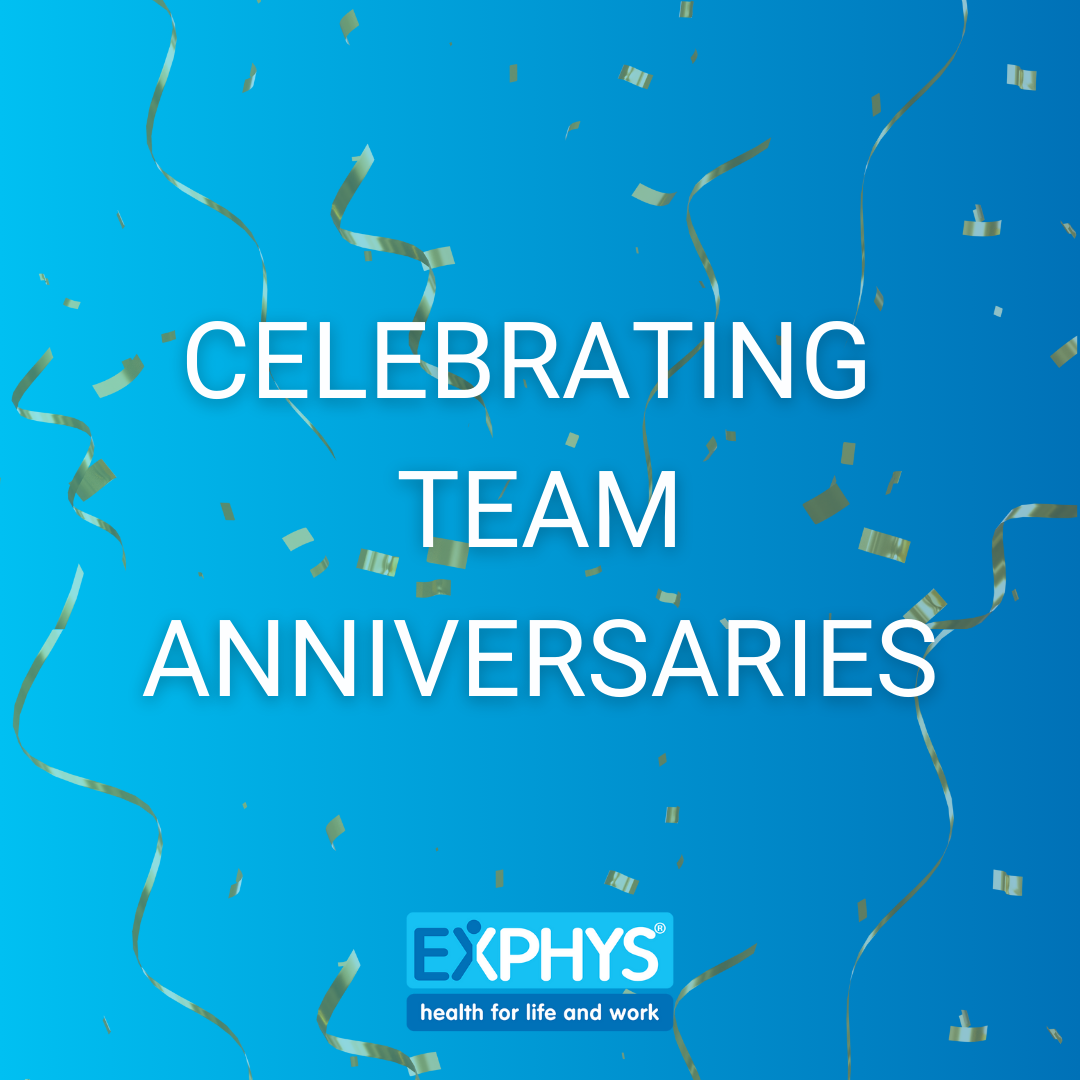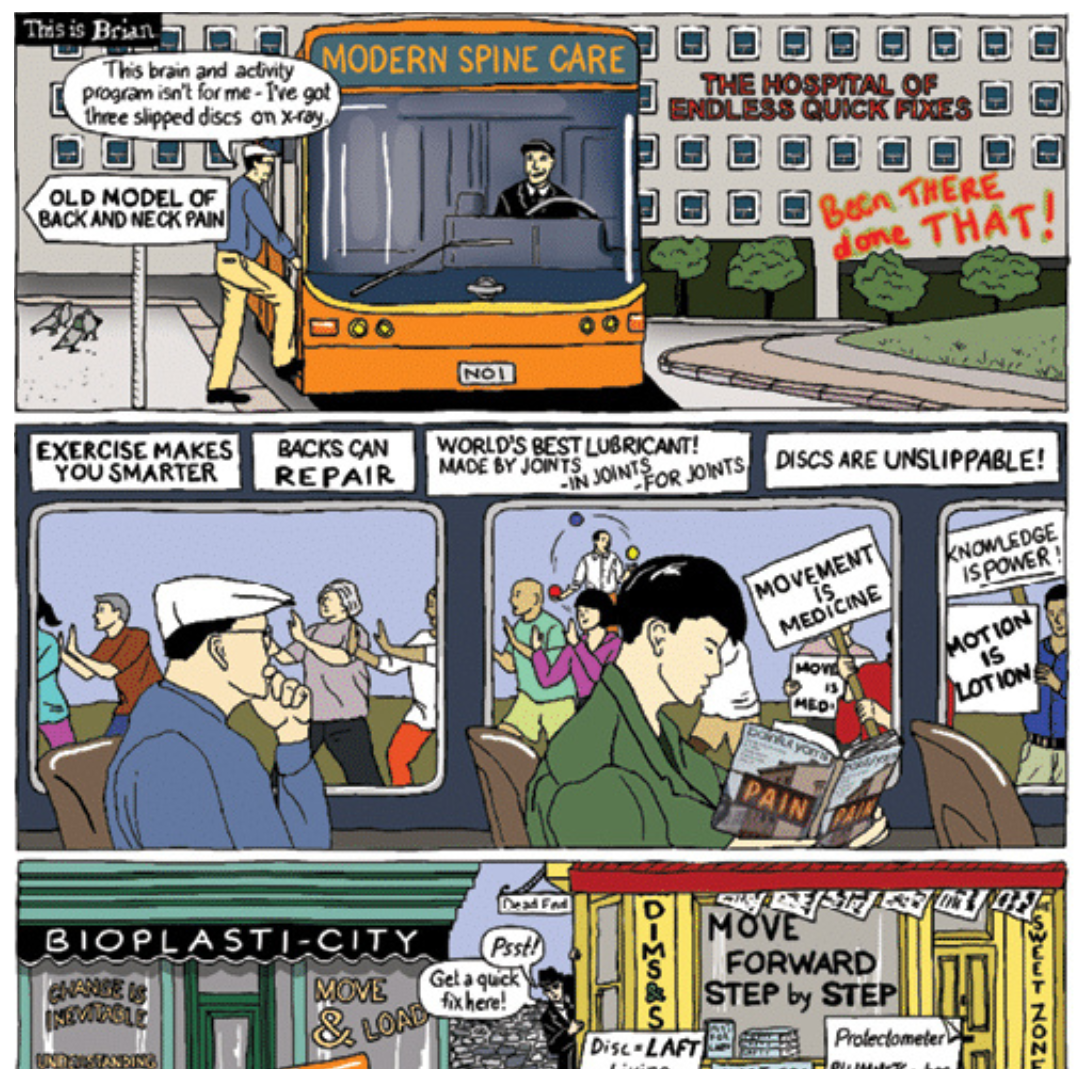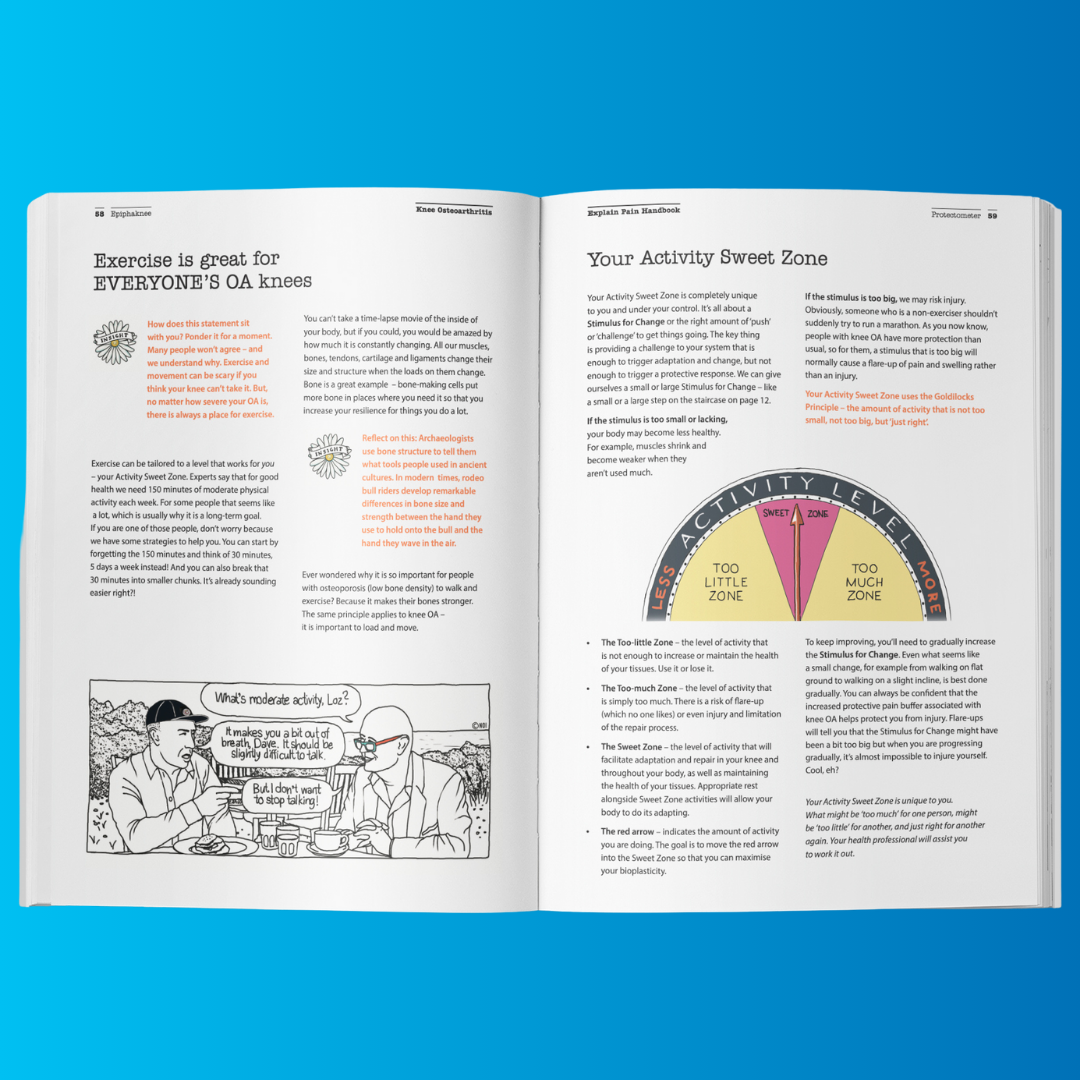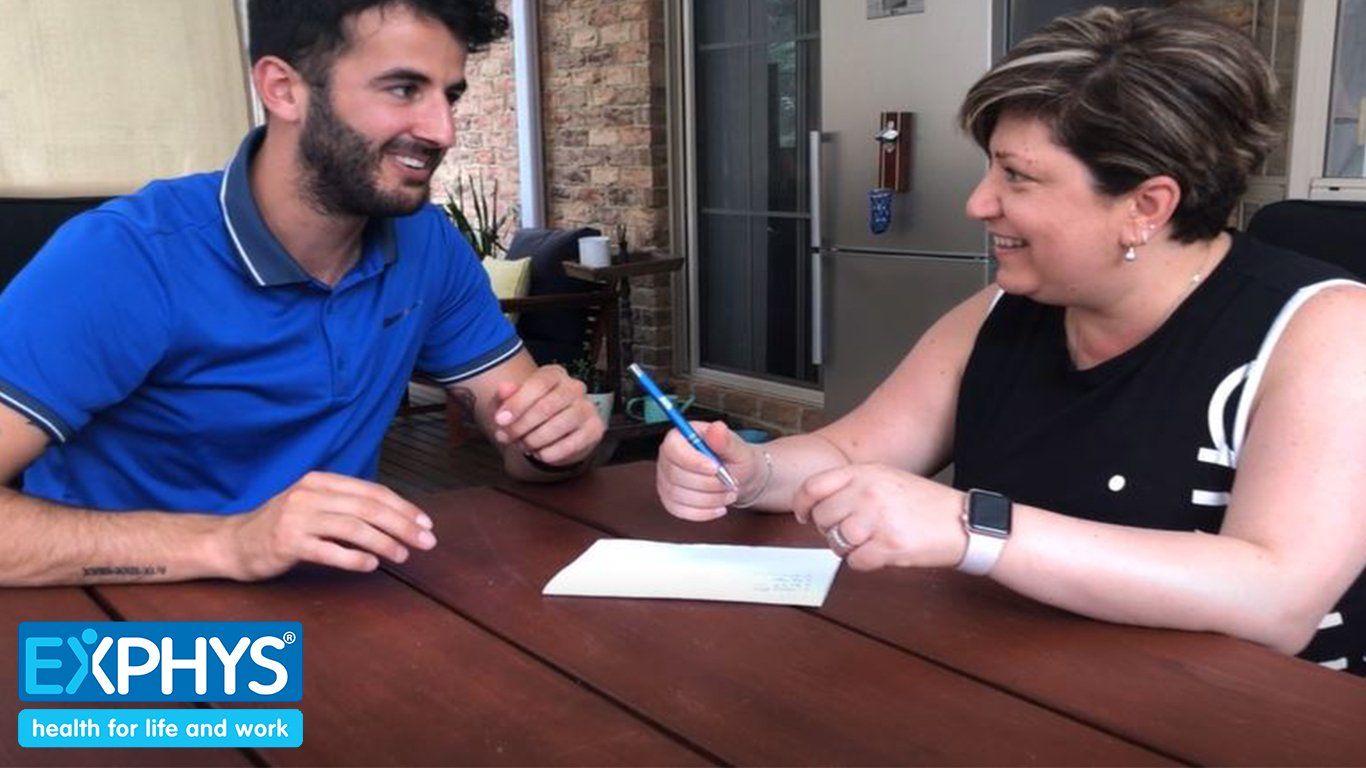‘Cancer’ is one of those words we fear. It can be life changing. Yet we all know someone, directly or indirectly, linked to this disease. So, how do we communicate with someone who has a life changing illness, and implement positive change through the power of words?
It’s not what you say, but what people hear
When it comes to language and communication, the idea is that it’s not what you say, but what people hear. Words could be the difference in someone instantly feeling warm and calm with a sense of safety. Or words can make someone feel withdrawn and intimidated.
With technology our methods of communication are so vast. We have the internet, e-mail, e-news, social media, text messages, all at the click of a button. This should make us excellent communicators, right? Modern technology makes life easy in some ways. But we need to work harder to make sure what we say is being perceived the way we want. When communicating via technology, we lose tone, body language, the ability to show empathy and humility. We are left with written or oral communication which are powerful instruments. But only if this communication is used properly.
Words that harm, Words that heal
The biopsychosocial understanding of health can influence how an individual interprets information. This highlights the concept that words, that if not used effectively, can have consequences on an individual’s health. By understanding the impact our words can have, we can understand how important our role really is in supporting someone who is battling through confronting circumstances.
In their commentary ‘Words that harm, Words that heal’ Bedell et el[i] framed the proposition that
Words used by physicians in an assessment harm some patients understanding of their condition, therefore by replacing words that harm with words that heal, can inadvertently help the healing process immediately.
Impact on Health Recovery
Let’s look at these two ways of communicating to a client diagnosed with cancer, that they are being referred an Exercise Physiologist.
“We are going to have an Exercise Physiologist work with you to help you with your rehabilitation so expect a call to set up this initial meeting. Is that okay?”
“Based on the challenges you’re facing, we are going to provide you with the assistance of an Oncology Exercise Physiologist. They can help you through your recovery. They are experienced and their programs are safe. They’ll collaborate with your cancer support team. They will work with you closely and tailor a specific program to restore your activities of daily living and help build your immune system and reduce your symptoms. This will help you speed up your recovery. There are many benefits to this type of intervention – mentally, emotionally and physically. The aim is to get back to doing the things you enjoy. Is this something you would be interested in?”
Both these statements are fine.
But if you dig a little deeper into the first statement and keep in mind that its sometimes not “what you say but, what they hear”, a client could interpret that with feelings of anxiety and fear. They may not understand why they are being referred, what they are required to do, how much of their time and effort it will take. They may not understand what benefits they will gain, or how exercise physiology can help. These type of thoughts among already tense individuals could be enough to send someone into a tailspin of emotion.
The second statement installs hope, care and warmth among an individual. It is the language that needs to be used, as it is emphasising empathy, comfort, support, confidence, and an explanation in a clear manner.
The Power of Words
From an Exercise Physiologist’s perspective, something verbalised in a negative manner can potentially impact poor sleep habits, rumination, increased cortisol levels (stress hormone), high blood pressure, elevate heart rate, anxiety, and nausea.
Whereas a positive statement can release endorphins (the feel-good hormones), dopamine, reduce stress and anxiety. Most importantly it can make someone feel supported and not alone on their journey. This is the power of words.
How can we change the way we talk to clients to put a positive spin on a conversation, to make an individual feel safe, comfortable and supported?
By initiating positive and simple language, we have the potential to impact recovery for someone dealing with cancer, or any illness. Sometimes the cards we are dealt do not determine the hand we play, but often by shuffling the deck we can change the outcome. They become empowered to accept a challenge, rather than fear the battle.
Next time you have these conversations, understand that the words you speak have the power to implement positive change at a time when people need it the most.
EXPHYS Exercise Physiologists are mindfully aware of the power of words for client health recovery. This is one key principle used across all EXPHYS programs.
EXPHYS provide specialised cancer, persistent pain, mental wellbeing, and fatigue programs. Find out more and refer via our website or call us on 1300 853 345.
__________________________________________________________________________________________________________________________________
[i] Bedell SE, et al. Arch Intern Med. 2004;164:1365–1368.
By Evan Christodoulou, Exercise Physiologist, EXPHYS
MORE FROM EXPHYS



AUSTRALIA
1800 EXPHYS 1800 397 497
NEW ZEALAND
0800 EXPHYS 0800 397 497
STAY INFORMED
SUBSCRIBE
Thank you. You are now subscribed to our mailing list to stay informed.
Please try again later
All Rights Reserved | EXPHYS®

